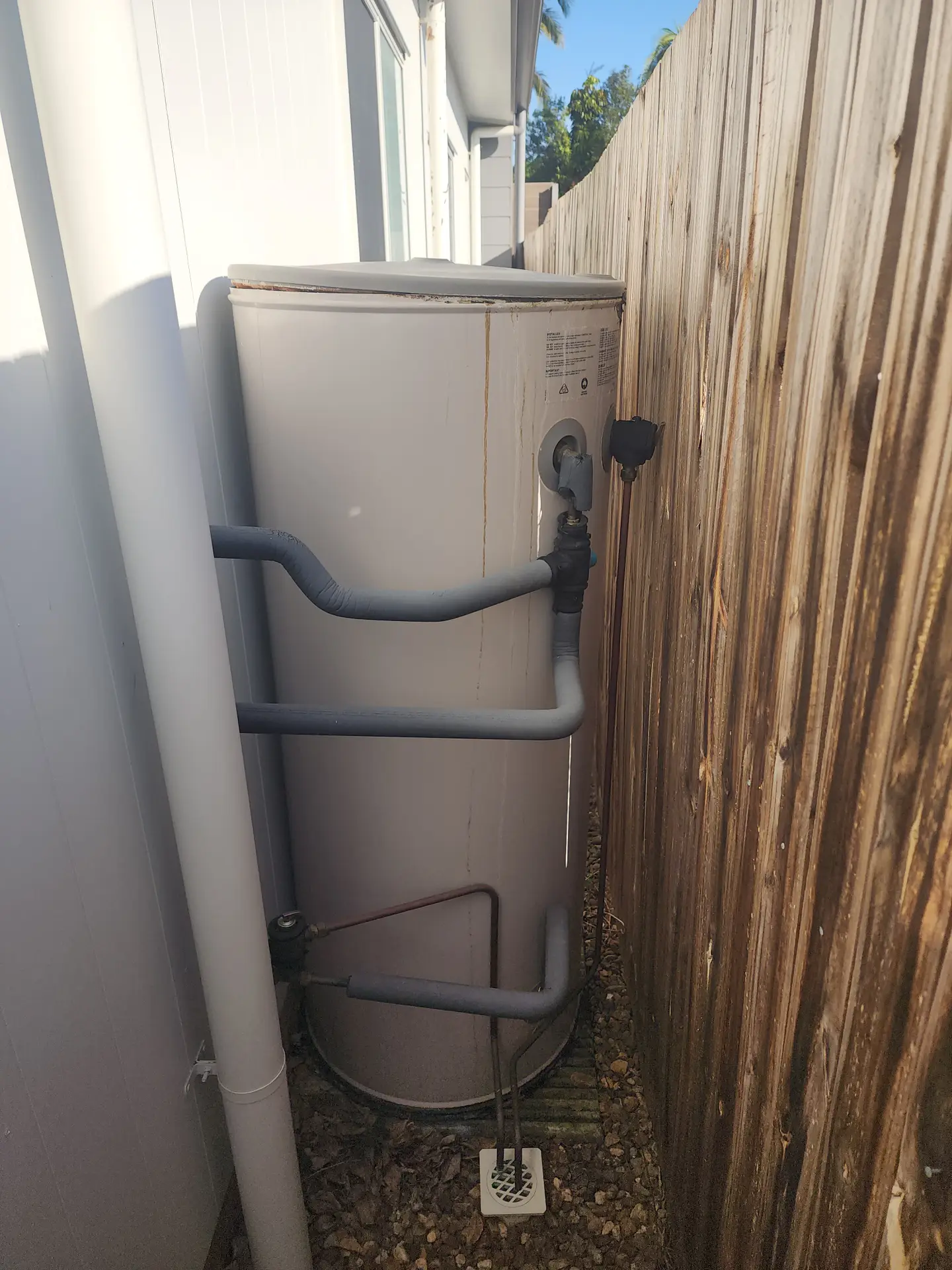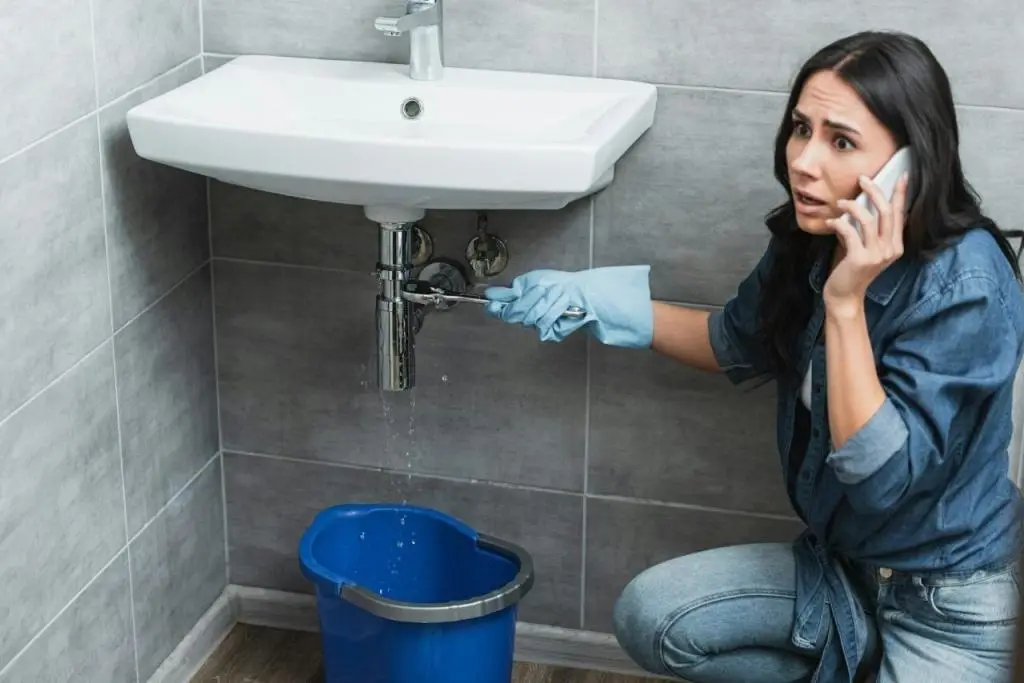Emergency Plumber Sunshine Coast
📞 CALL NOW: 0447 655 396
Invest in quality, expect reliability. Trusted expertise for lasting solutions.
📞 CALL NOW: 0447 655 396Get Quote Now
Hot water units are essential appliances in many households, but they are not immune to failures. Understanding the common causes of these failures can help homeowners make informed decisions about whether to repair or replace their systems. One prevalent issue is sediment buildup, which occurs in both electric and gas hot water units. Over time, minerals and debris in the water accumulate at the bottom of the tank, leading to decreased efficiency and potential overheating. Regular flushing of the tank can mitigate this problem and prolong the unit’s lifespan.
Another prominent cause of failure is a faulty thermostat. This component is responsible for regulating the water temperature. If the thermostat malfunctions, it can result in insufficient heating, overheating, or inconsistent temperatures, which can be frustrating for users. Replacing a thermostat is usually a straightforward process, but it requires proper diagnosis to ensure that the thermostat is indeed the culprit behind the hot water unit’s issues.
Pressure problems can also lead to hot water unit failures. Overpressurization can cause leaks and ruptures in the tank, while underpressurization may result in inadequate hot water supply. These pressure irregularities can stem from various factors, including faulty pressure relief valves or pipe blockages. Addressing these issues promptly is crucial, as neglect can lead to more severe problems and costly repairs.
Lastly, age-related deterioration is a significant factor in hot water unit failures. Most units have a lifespan of about 8 to 12 years. As they age, their efficiency declines, and internal components can fail due to wear and tear. Regular maintenance, such as inspections and timely repairs, can prevent age-related issues and enhance the longevity of these essential systems.
Hot water units are essential appliances in any household, providing comfort and convenience. However, like any mechanical system, they can encounter issues over time. Recognizing the signs that suggest your hot water unit may require repair is crucial for maintaining its efficiency and longevity. One of the primary indicators is inconsistent water temperature. If you notice that the water fluctuates between hot and cold unexpectedly, it might be a sign that the thermostat or heating element is malfunctioning. This inconsistency not only disrupts daily activities but could also lead to further complications if not addressed promptly. Learn to spot the signs
When faced with a malfunctioning hot water unit, homeowners often grapple with the decision of whether to repair the existing system or opt for a replacement. Several factors significantly influence this choice, including the age of the unit, repair costs, energy efficiency, and long-term savings potential. Read more evaluate repair vs. replacement options
When it comes to replacing a hot water unit, discerning the most suitable option requires an understanding of various system types and key considerations. The primary types of hot water units include electric, gas, and solar systems, each presenting distinct advantages and disadvantages. Electric units tend to be easier to install and maintain, offering consistent heat; however, they may be costlier to operate, particularly in areas with high electricity rates. Conversely, gas hot water units are generally more energy-efficient and can lower operating costs, but they require venting and a steady gas supply. Solar hot water systems represent an eco-friendly option, harnessing renewable energy which can significantly reduce energy costs over time, yet they often come with higher upfront installation expenses. Read more about choosing the right hot water unit
